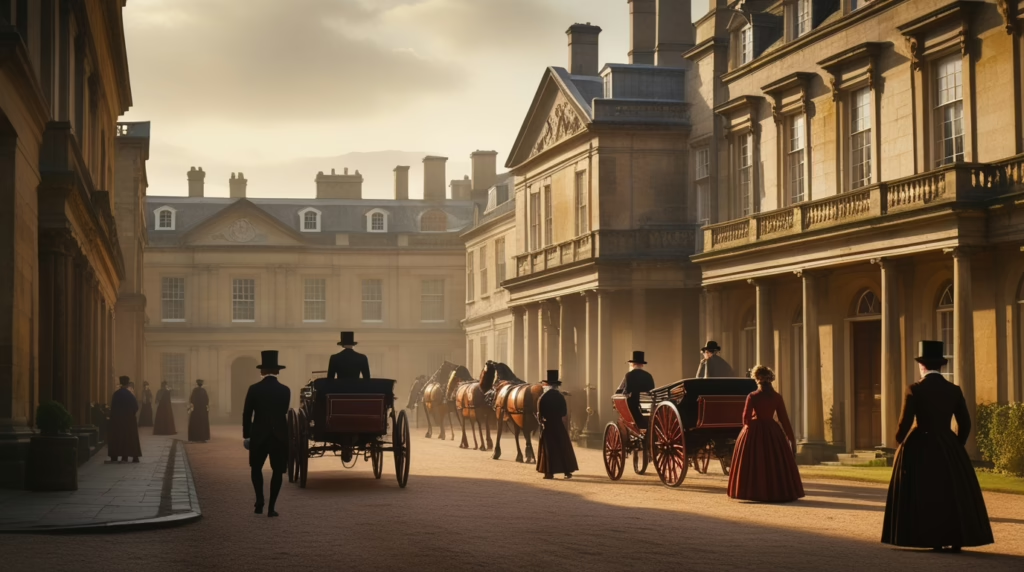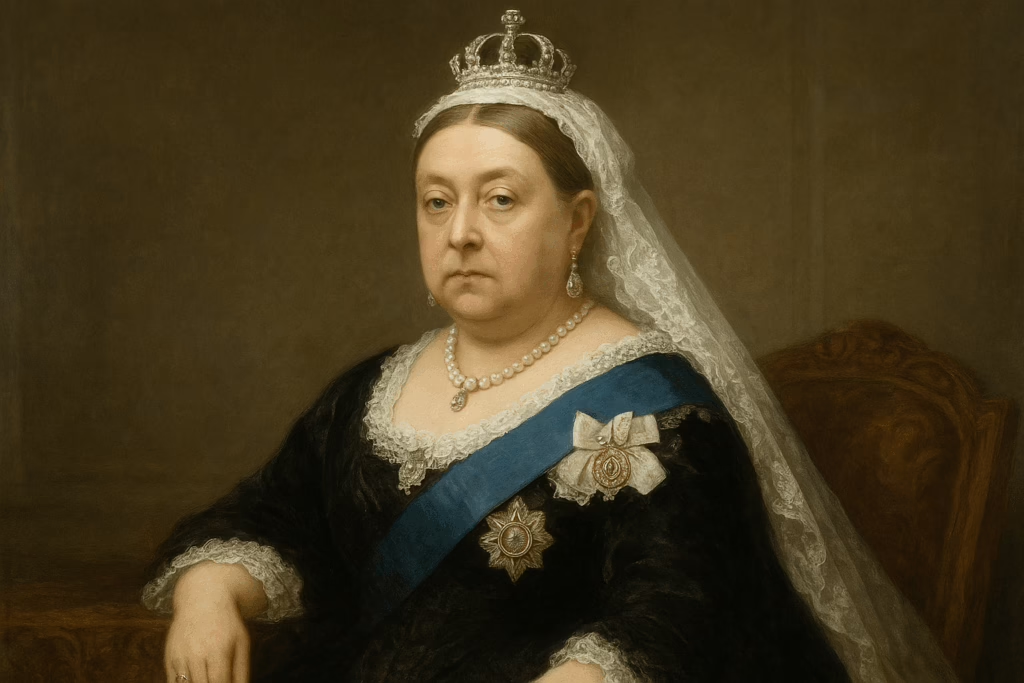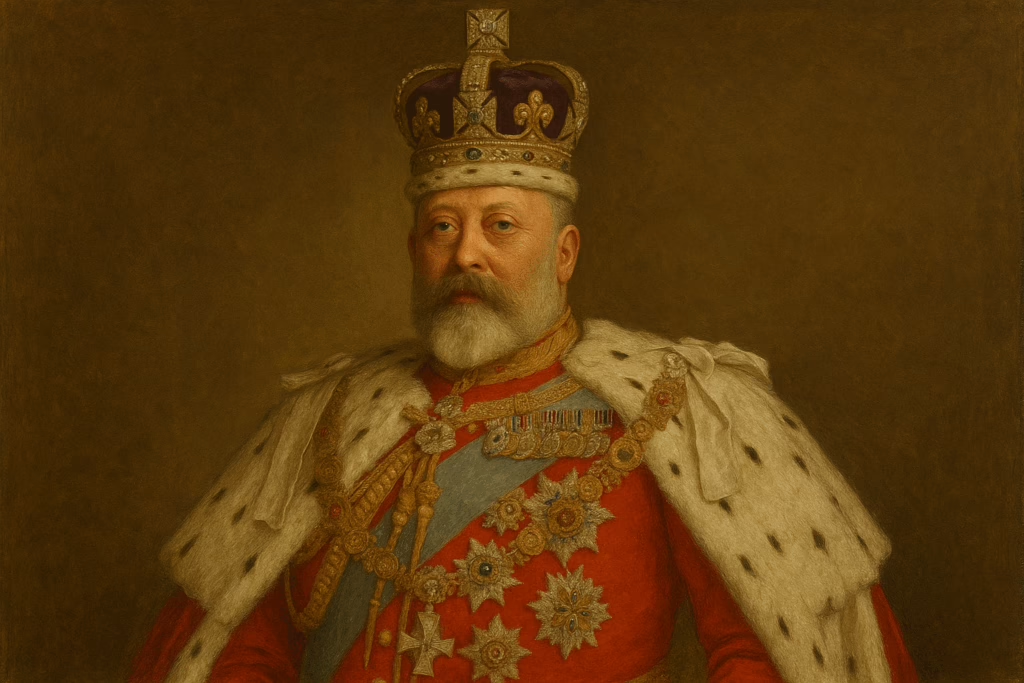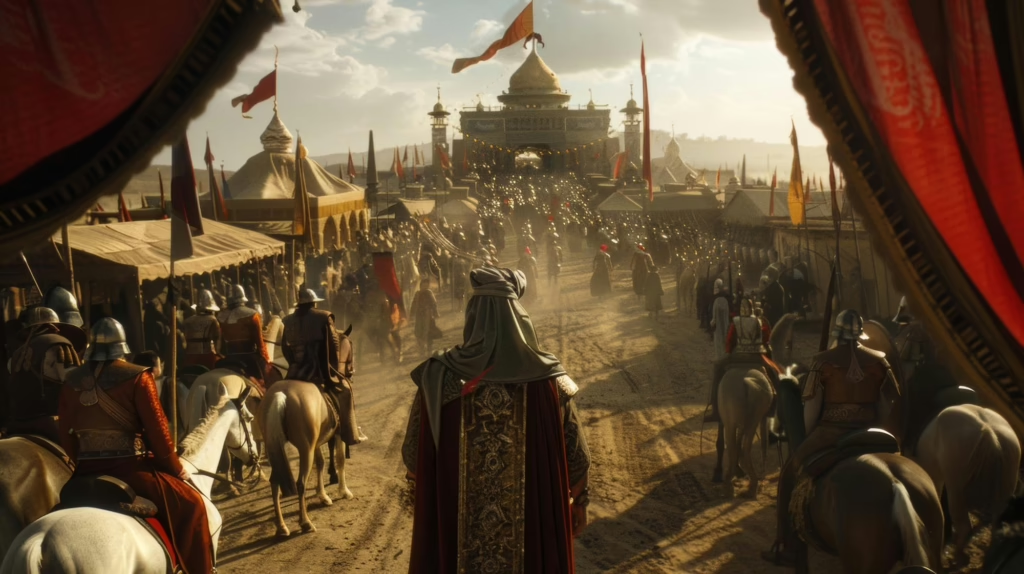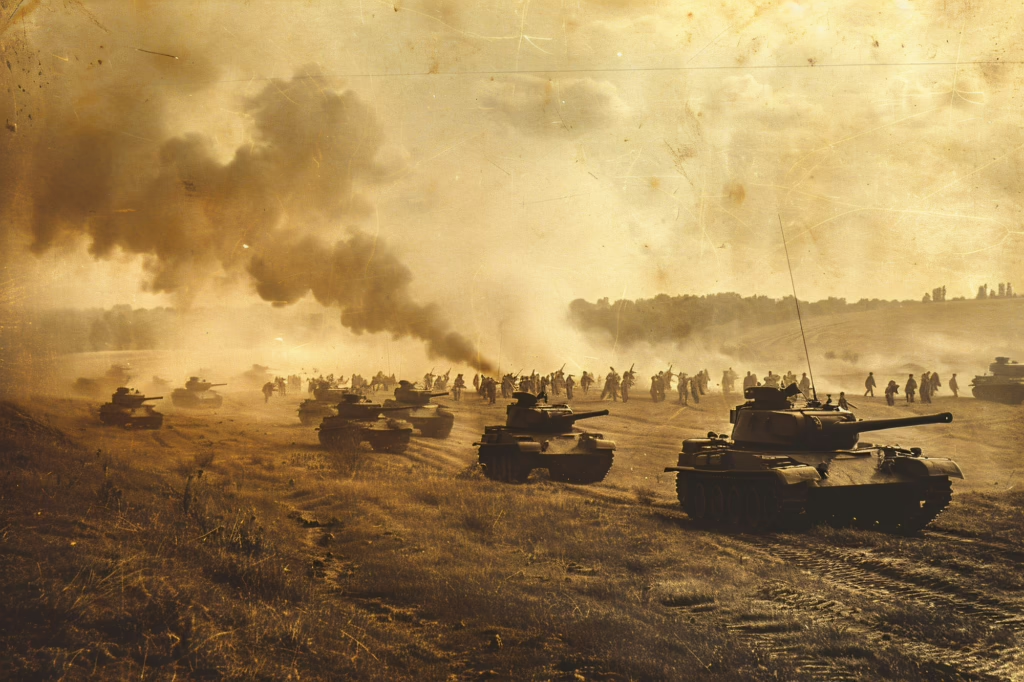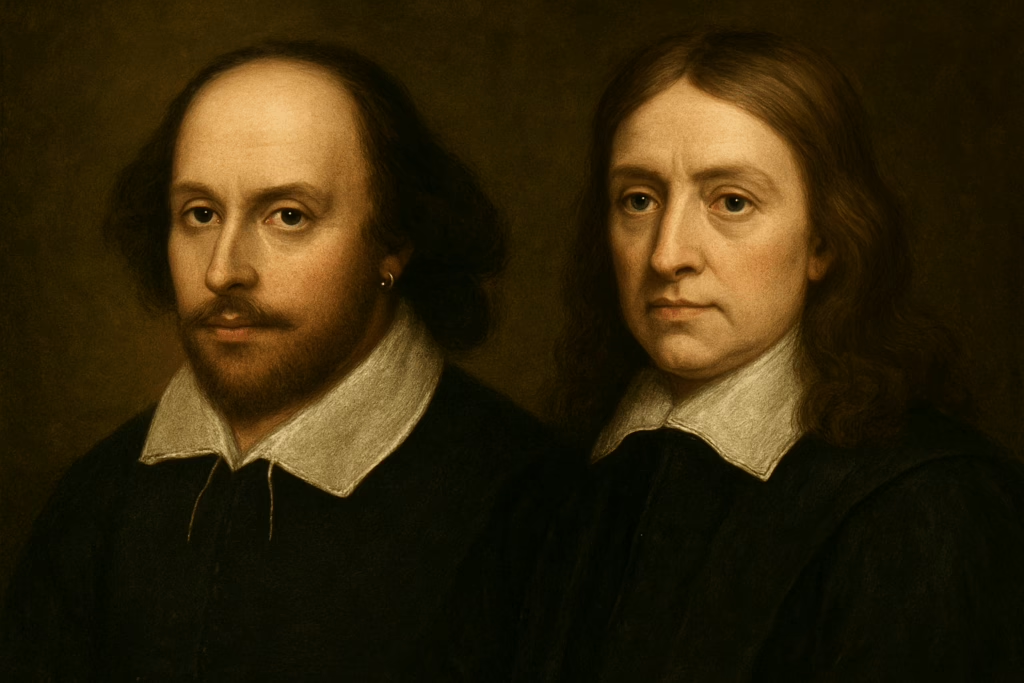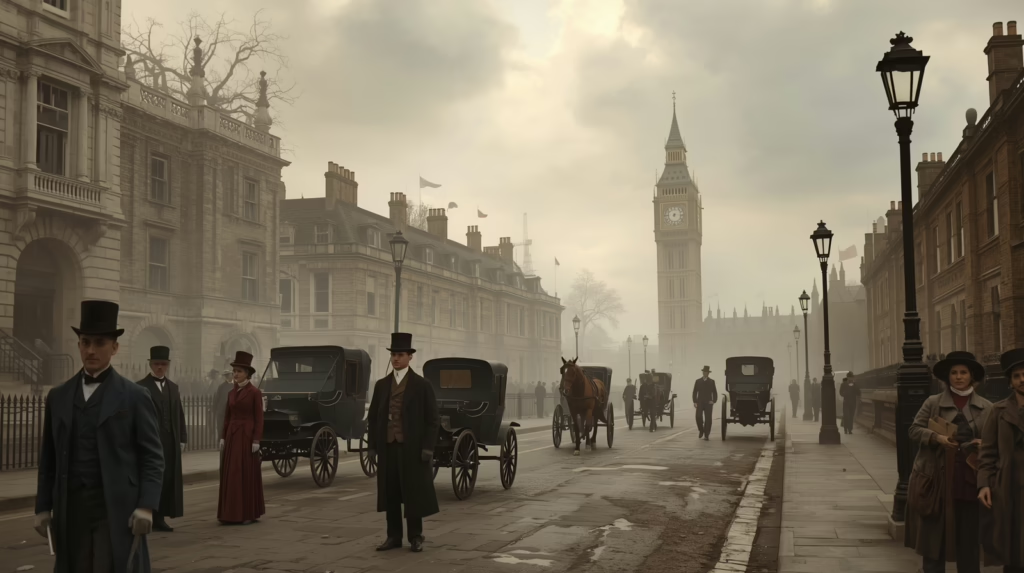The Old English or Anglo-Saxon period marks the very beginning of English literary history. Spanning from roughly 450 to 1066 AD, this era coincides with the settlement of Germanic tribes—the Angles, Saxons, and Jutes—in Britain after the withdrawal of Roman forces. It represents a time of heroic traditions, pagan beliefs, Christian influence, and oral storytelling that eventually laid the foundation for all later English literature.
The literature of this period was composed in Old English, a Germanic language quite different from modern English, yet the spirit of its poetry and prose still resonates. Although much of it was transmitted orally, Christian monks later wrote down and preserved these works.

Historical Background
- Anglo-Saxon Invasions (5th century): After the fall of Roman Britain, Germanic tribes migrated and established kingdoms. Their warrior culture strongly shaped early poetry.
- Christianization (7th century onwards): The arrival of Christian missionaries introduced Latin literacy and themes of faith, blending pagan and Christian elements in literature.
- Viking Raids (8th–11th century): Norse invasions influenced political stability and left cultural traces in language and storytelling.
- Norman Conquest (1066): The defeat of Harold at the Battle of Hastings ended the Anglo-Saxon period, ushering in Middle English under Norman rule.
Characteristics of Old English Literature
- Oral Tradition: Poetry was recited by scop (bards) in mead halls, often accompanied by music.
- Alliterative Verse: Instead of rhyme, lines were bound by alliteration (repetition of initial sounds).
- Caesura: Each line was divided into two halves by a pause (caesura), balancing rhythm.
- Themes: Heroism, loyalty, fate (wyrd), exile, suffering, faith, and morality.
- Blend of Pagan and Christian Values: Many texts begin with heroic ideals but include Christian lessons due to monastic preservation.
- Anonymous Authorship: Most works are anonymous, reflecting collective tradition rather than individual creativity.

Major Genres and Works
1. Epic Poetry
- Beowulf (anonymous, c. 8th–10th century)
- The greatest surviving Old English poem.
- Tells the story of Beowulf, a Geatish hero who defeats monsters—Grendel, Grendel’s mother, and later a dragon.
- Themes: heroism, fate, mortality, loyalty, the conflict between good and evil.
- Cultural significance: Combines pagan heroic ideals with Christian moral undertones.
2. Elegiac Poetry
- Expresses sorrow, loss, and exile.
- The Wanderer: A reflection on loss, fate, and the transience of earthly joys.
- The Seafarer: A meditation on the hardships of life at sea and the pull of spiritual salvation.
- The Wife’s Lament: A rare female-voiced poem expressing sorrow and separation.
3. Religious Poetry
- Early poetry was often devotional, influenced by Christianity.
- Caedmon’s Hymn (c. 7th century): The earliest recorded English poem, attributed to the herdsman Caedmon who miraculously began composing verse.
- Cynewulf’s Works: Religious poems like Elene, Juliana, Christ II, and The Fates of the Apostles.
4. Prose
- Developed mainly after Christianization.
- The Venerable Bede (673–735): Ecclesiastical History of the English People (Latin), crucial for understanding early England.
- King Alfred the Great (849–899): Translated Latin works into English, such as Pastoral Care and Consolation of Philosophy, strengthening English prose.
- The Anglo-Saxon Chronicle: A historical record begun in Alfred’s time, continued for centuries, providing invaluable historical data.
Language and Style
- Old English vocabulary was largely Germanic, with later Latin influence.
- Compound words and kennings (metaphorical phrases, e.g., “whale-road” for the sea) enriched poetic imagery.
- The style was formulaic, aiding oral performance and memory.
Themes and Cultural Insights
- Heroism and Warrior Ethos: Literature glorified bravery, loyalty to one’s lord, and the warrior code.
- Fate (Wyrd): Life was seen as governed by an inescapable destiny.
- Exile and Loss: Reflecting the hardships of wandering and displacement.
- Christian Morality: Later works integrated Biblical narratives, Christian hope, and moral reflection.
- Community vs. Individual: Strong emphasis on loyalty to kinship and lordship, but elegies highlight individual suffering.
Legacy of Old English Literature
- Preserved the heroic epic tradition in Europe.
- Influenced later medieval writers and inspired modern poets like T.S. Eliot and Seamus Heaney.
- Beowulf remains a cornerstone of English studies, widely translated and adapted.
- The period established English as a literary language, preparing the way for Middle English and beyond.

Conclusion
The Old English period, though distant in time and language, represents the birth of English literature. Its poetry reveals the harsh realities of Anglo-Saxon life—battle, exile, fate, and faith—while also pointing toward universal human concerns of mortality and meaning. From Beowulf’s heroic struggles to the elegiac laments of The Wanderer and The Seafarer, this age offers a rich tapestry of early English thought and expression. For the student of literature, it is not merely a beginning but a foundation upon which centuries of English literary tradition were built.


